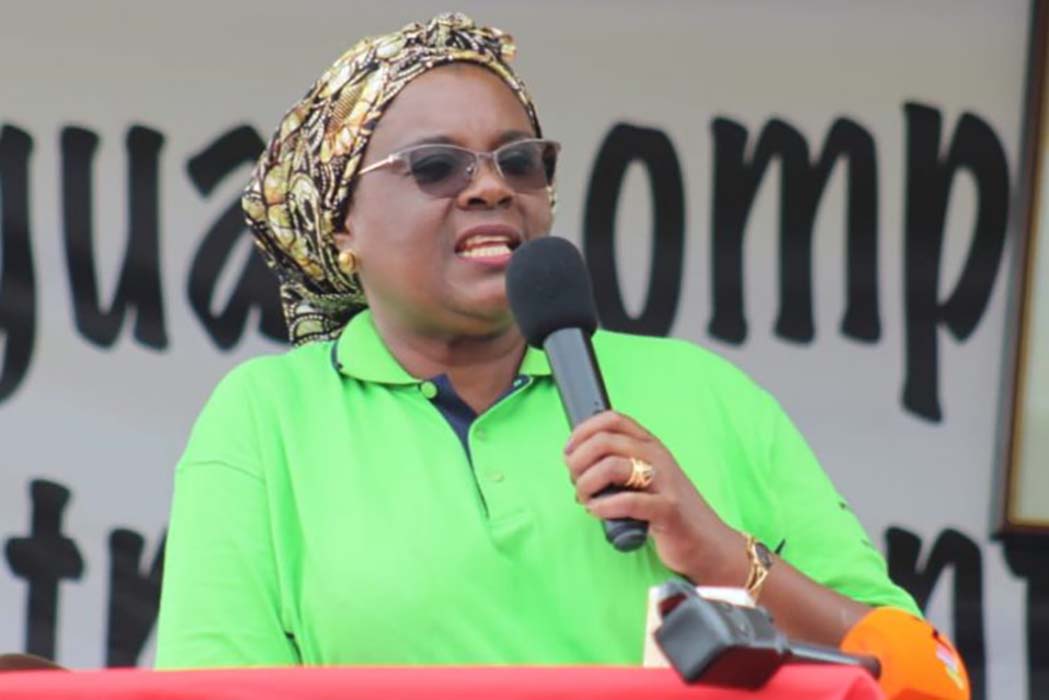The Minister of Education and Human Development, Carmelita Namashulua defended last Friday that bilingual education has contributed to school success in schools where this type of teaching is implemented.

Speaking on the occasion of the International Mother Language Day, a date instituted in 1999 by UNESCO, the minister reiterated the Government’s commitment to the appreciation of mother language, thus contributing to the recognition and respect for the linguistic and cultural diversity of Mozambicans.
“It is a fact that Bilingual Education has contributed greatly to school success, since in classes with this type of teaching, students whose first language is a Mozambican language have registered a better performance compared to those who are integrated in monolingual classes, where Portuguese it is the only language of instruction ”- she said.
Namashulua also defended that the expansion of bilingual education will contribute to children’s learning, while interacting with teachers in a language that they know, their mother tongue, because, as he explains, in this teaching model the child learns in two languages: the mother tongue and Portuguese.
Likewise, the Minister challenged everyone involved to join efforts and resources, praising to value mother languages in all aspects, in order to achieve the desire to spread the use of national languages in the National Education System and promote respect of the country’s linguistic diversity.

